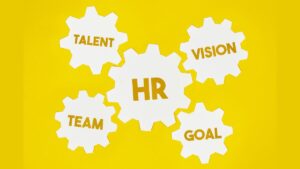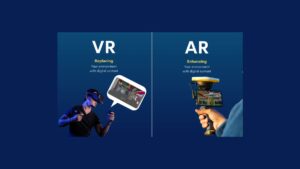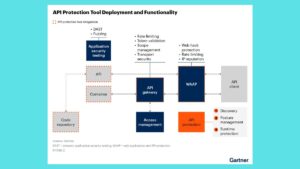How to Conduct Effective Interviews and Assess Candidates


The interview process is a critical step in finding the right candidate for a job opening. It allows hiring managers to evaluate a candidate’s qualifications, skills, and cultural fit. However, conducting effective interviews requires more than just asking standard questions. In this blog post, we will discuss key strategies and best practices for conducting interviews that enable accurate assessment of candidates and ultimately lead to successful hiring decisions.
- Define Job Requirements and Prepare Interview Questions
Before conducting interviews, clearly define the job requirements and qualifications. This will help you develop targeted interview questions that assess the candidate’s relevant skills, experience, and competencies. Prepare a mix of behavioral, situational, and technical questions that allow candidates to demonstrate their abilities and problem-solving skills.
- Structure the Interview Process
To ensure consistency and fairness, it is essential to structure the interview process. Define a consistent format for all candidates, including the order and types of questions asked. You can use a combination of one-on-one interviews, panel interviews, and practical assessments to gather a holistic view of the candidate’s capabilities.
- Build Rapport and Create a Comfortable Environment
Creating a comfortable and welcoming environment during interviews helps candidates relax and present themselves authentically. Begin the interview with a warm greeting, provide an overview of the interview process, and encourage candidates to ask questions. Building rapport establishes a positive candidate experience and allows for a more accurate assessment of their true abilities.
- Active Listening and Effective Communication
During interviews, practice active listening to truly understand the candidate’s responses. Maintain eye contact, nod to show attentiveness, and ask follow-up questions to delve deeper into their answers. Effective communication is crucial, so be clear and concise in your questions, avoiding any ambiguities that may confuse candidates.
- Assess Behavioral Competencies
Behavioral competencies provide insights into a candidate’s work style, attitudes, and values. Use behavioral interview questions to assess how candidates have handled past situations, such as conflict resolution, teamwork, or problem-solving. Pay attention to their responses, observing if they align with the core competencies required for the position and your company’s culture.
- Evaluate Technical Skills and Qualifications
For roles requiring specific technical skills or expertise, incorporate assessments or practical exercises into the interview process. These exercises could include case studies, coding challenges, or simulated work scenarios. Assessing technical skills directly allows you to gauge a candidate’s proficiency and suitability for the role.
- Involve Multiple Stakeholders
Involving multiple stakeholders, such as team members or department heads, in the interview process brings diverse perspectives and ensures a comprehensive evaluation of candidates. Collaborative decision-making helps validate impressions and reduces bias.
- Provide Clear Evaluation Criteria
Establish clear evaluation criteria for assessing candidates, aligning them with the job requirements and company values. Use a scoring system or rating scale to objectively evaluate each candidate’s responses and performance. This structured approach enhances consistency and fairness across all interviews.
- Follow-Up and Communicate with Candidates
After conducting interviews, promptly follow up with candidates to keep them informed about the next steps in the hiring process. Maintain open lines of communication, addressing any questions or concerns they may have. Providing timely feedback demonstrates professionalism and ensures a positive candidate experience.
Conclusion
Conducting effective interviews is crucial for identifying the most suitable candidate for a position. By defining job requirements, preparing targeted questions, and creating a comfortable environment, hiring managers can assess candidates accurately. Employing active listening, evaluating behavioral competencies and technical skills, involving multiple stakeholders, and providing clear evaluation criteria all contribute to a thorough and objective assessment process. Ultimately, effective interviews enable informed hiring decisions that lead to successful outcomes for both the organization and the candidate.







